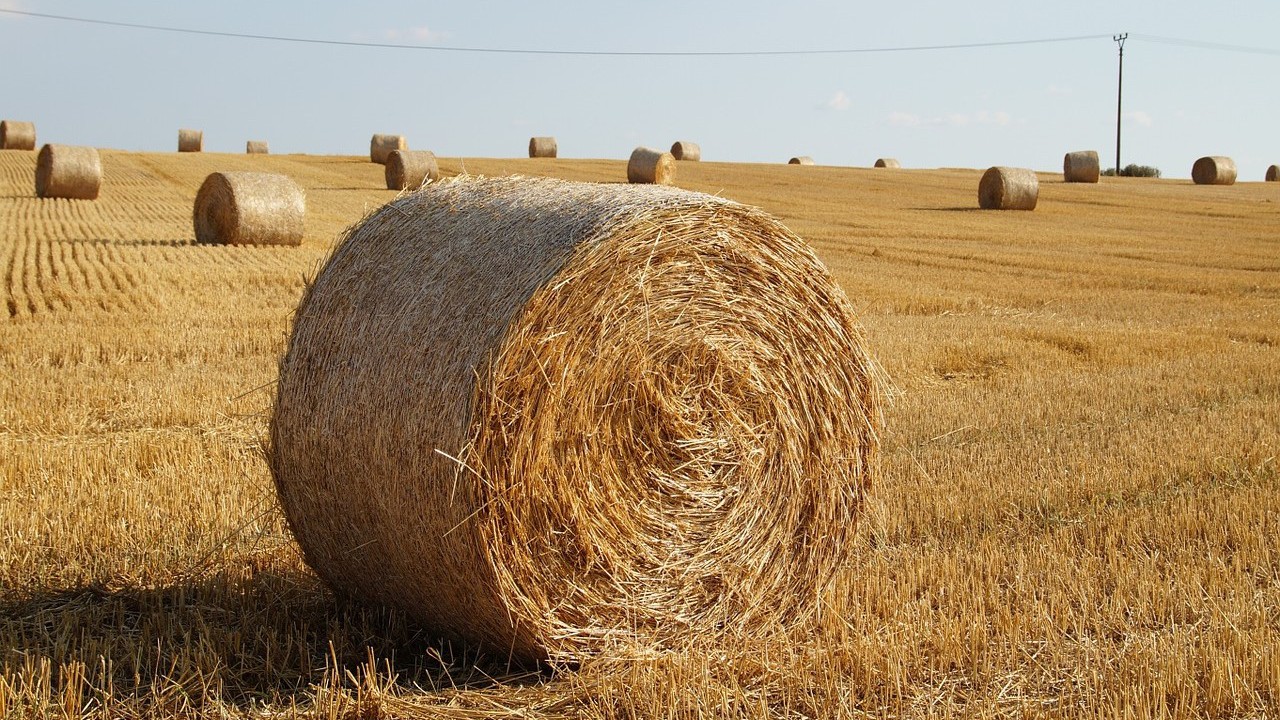Arable farmers across the country have been turning off the choppers to help their neighbours with livestock.
Ian Sands, chairman of National Farmers’ Union (NFU) Scotland’s Combinable Crops Committee was among those changing his practices to help.
Writing in his NFU blog, he said that while the upturn in cereal and straw prices is a bonus to growers, he was “critically aware” of the impact it was having on those with livestock.
‘Thousands of acres committed’
“On the straw front, the #NFUSHowDoYouPlan straw and feed campaign has had a positive impact in my area of Perthshire, where many more thousands of acres of straw have been committed by farmers who would normally chop this straw in as a matter of course – myself included,” he said.
“We have committed over 500ac that would have been chopped into heavy clay land – we have been doing this for the past few years and are starting to see some good results.
It’s important for it to be understood that this is being done in normal years for a good reason as it feeds the soil, improves soil structure and aids the early entry of the following year’s crop.
“This brings important yield increases which all add to the bottom line where margins are very tight anyway.
“At the time of writing, this years’ winter barley is all but cut with some decent yields of straw and grain but spring barley has not really been started.
“With the late sowing dates in the spring, due ironically, to the wet weather and then the long dry spell throughout the summer, hopefully, the yields of grain and straw will not be compromised.
“Regarding straw, hopefully, the increase in the area committed to the balers will help fill the gap this year in the shortages of fodder.
Plan ahead
“But please, if you are going to need straw, make sure you have secured your supply through your usual merchant or whoever you usually purchase it from.”
Sands highlighted the importance of planning ahead. He said that a commitment to purchase straw could in some cases determine whether it gets baled or not – especially if the weather becomes less settled in the coming weeks over the harvest.
“This is an exceptional year, please help if you can. Communication is the key to this problem and a solution can be found,” he said.

